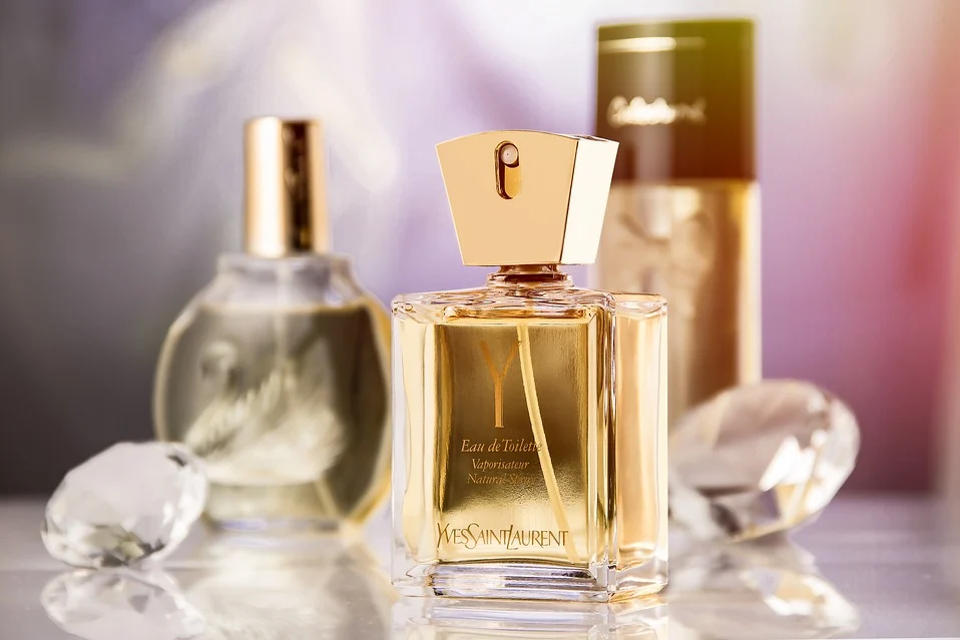Scent, emotion, and memory are deeply entwined, so it is no wonder that people have sought to capture and control aromas since the dawn of humanity. Fragrance has floated through many ancient civilizations across the globe, influencing science, religion, politics, mythology, and even the afterlife! So without further ado…
Here are 5 fragrance facts to tickle your fancy:
-
- The word perfume comes from the Latin phrase “per fumus”, which translates to “through smoke”. (source) This may refer to the early practice of burning incense and wafting through the smoke to imbue the fragrance into clothing and skin. Several ancient cultures, including Mesopotamia, burned a variety of resins and fragrant wood for religious ceremonies.
-
- 11 companies own over 170 fragrance brands. (source) Perhaps the biggest manufacturer of perfume is the multinational beauty company Coty, which owns iconic perfume brands such as Gucci, Calvin Klein, and Burberry.
-
- The ancient Egyptians loved fragrance. (source) Ancient Egyptian hieroglyphics depict perfume making as long ago as 3,000 B.C. Pharaohs and their priests were entombed with bottles of perfume. They used ingredients that are still popular today such as frankincense, Nile lotus, lily, myrrh, and honey.
-
- “Hungary water” is considered one of the first alcohol-based perfumes in Europe. (source) Its exact origins are unknown, but it is theorized that Queen Elizabeth of Hungary requested it to help with headaches. The oldest surviving recipes call for rosemary, thyme, and brandy. Later formulations introduced wine, lavender, mint, sage, orange blossom, and lemon.
-
- Tapputi-Belatekallim is considered to be the world’s first chemist due to her work as a perfume maker for the Royal Palace. (source) A clay tablet from Mesopotamia, dated around 1200 B.C.E., describe her endeavors to create perfume. She engaged in revolutionary techniques such as distillation, tincture, scent extraction, and usage of solvents.




